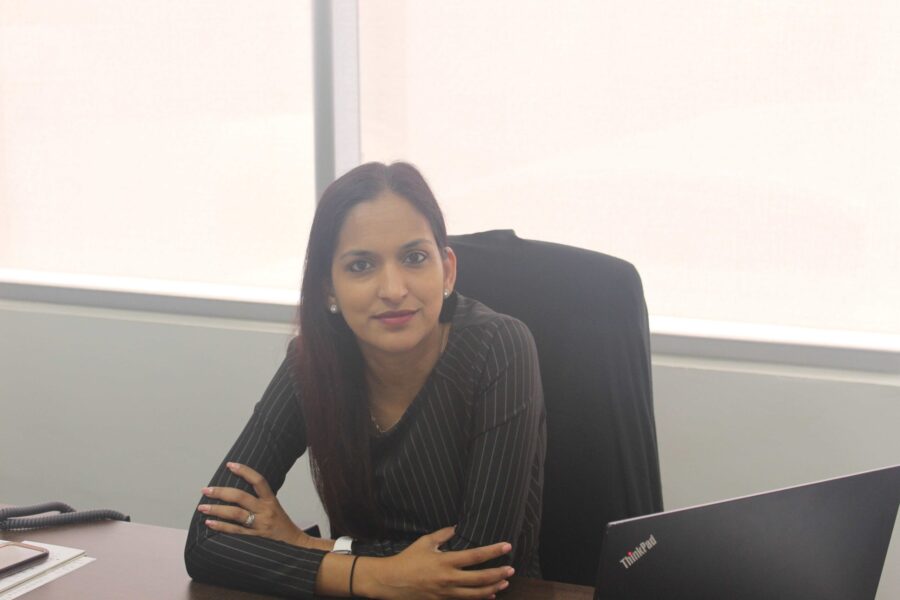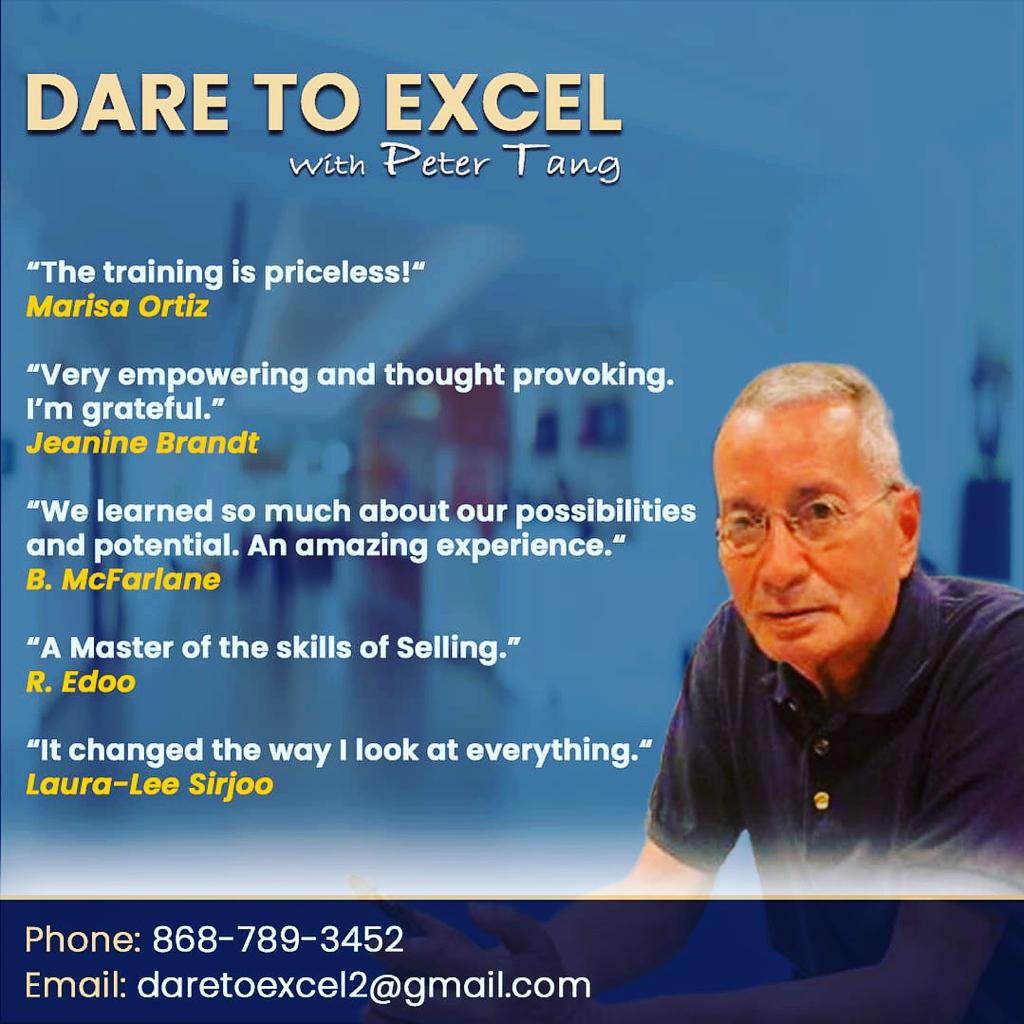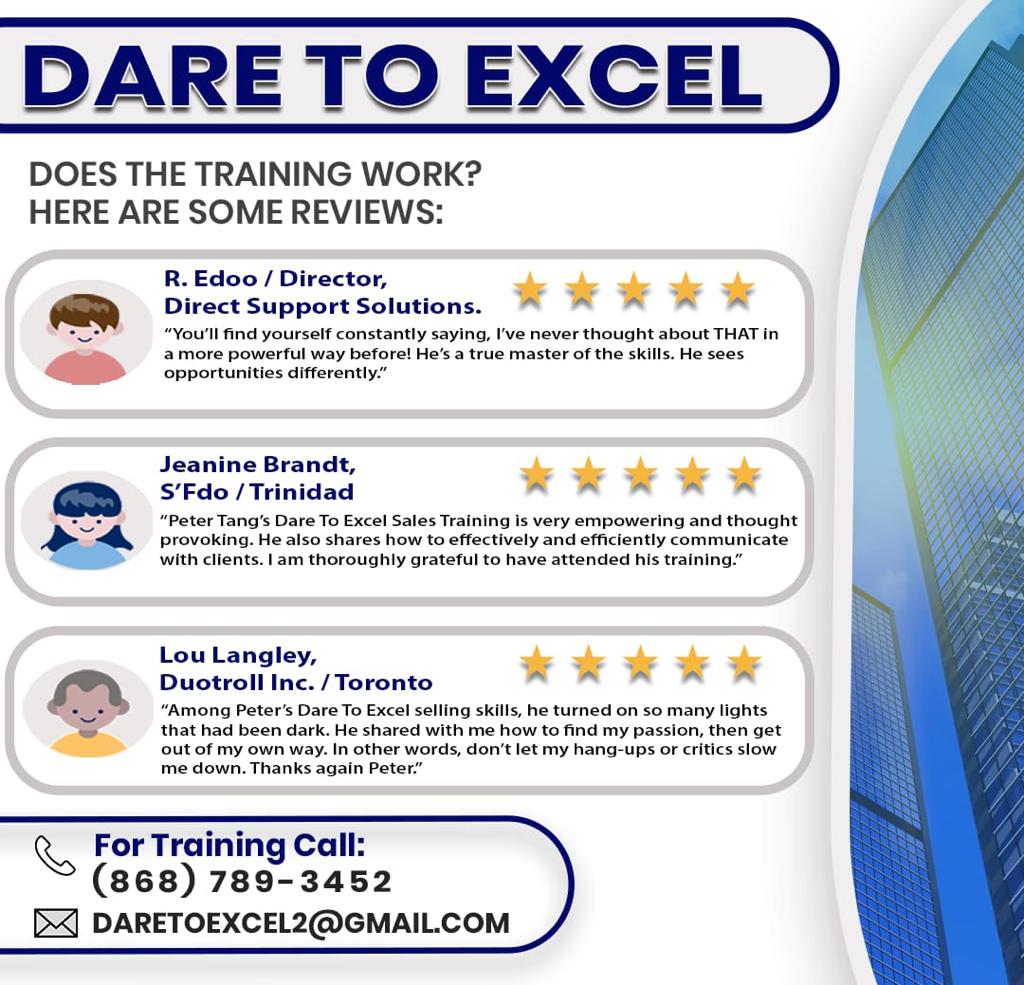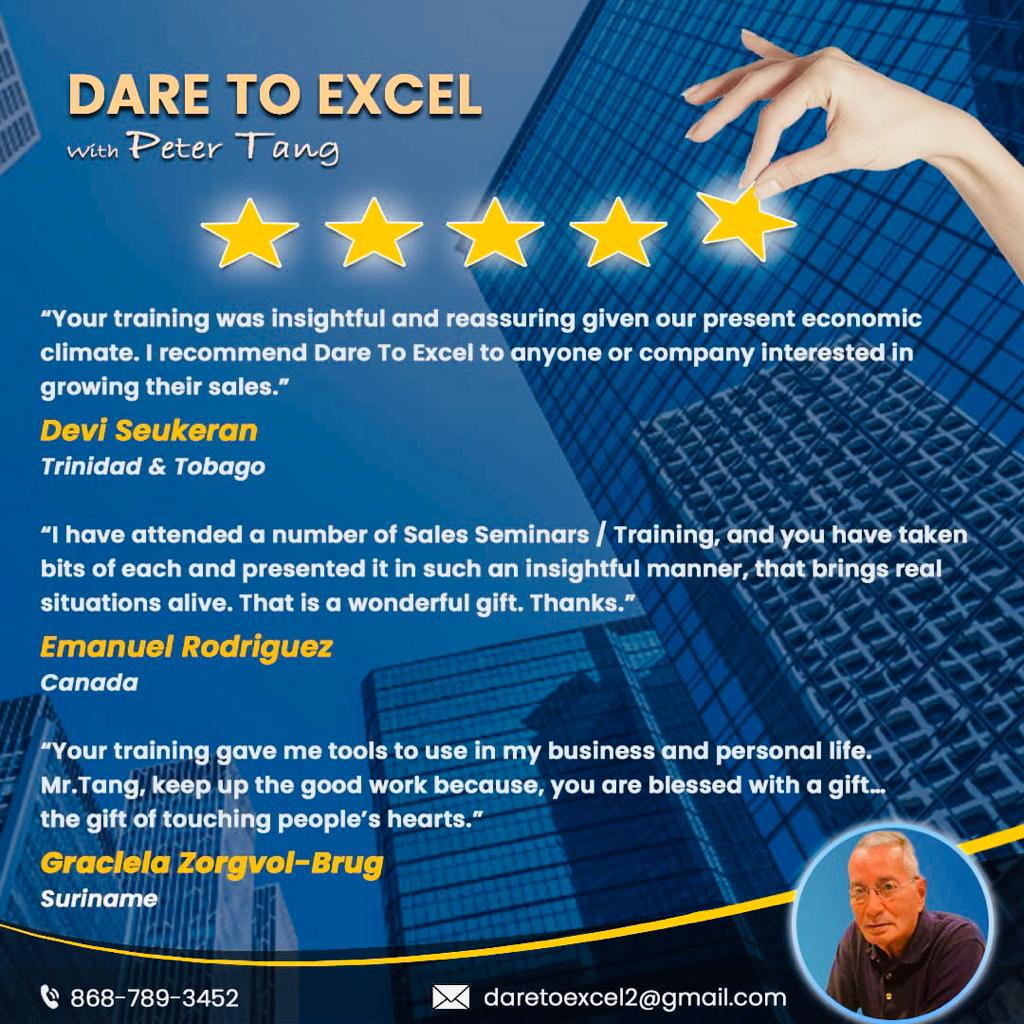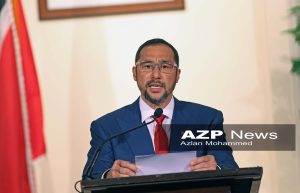CHIEF Public Defender Hasine Shaikh has been at her job for the past three years. She tells AZP News Editor-in-Chief Prior Beharry that there are pros and cons for judge-alone trials and wants her department to be formalised in law.
Below is an interview conducted at her office at Stanmore Avenue in Port of Spain two week ago.
PB: So tell me how has your tenure been so far as the chief public defender?
HS: It has been interesting.
I think with any new office you have to see what it is you’re hoping to achieve for us our mandate has been to reduce the backlog, so I’ve been proactively working on that but in order to achieve that we obviously have to put processes in place which really took some time in the beginning.
For example, all files are completely digital. We do have primarily a virtual system in place, all of the attorneys are never in office all at the same time, we usually have one day that they would come in for the week altogether, but generally, we operate on a roster system. For the simple reason, they don’t all need to be here. And spending two hours in traffic is not necessarily the more efficient thing every day.
It’s been interesting. It’s been challenging in some ways because you know, we are in a particular economic climate so funds are not easy to come by but apart from that I mean I have a good young vibrant team.
PB: You said you were created to reduce the backlog. Is that in the criminal arena alone?
HS: The Public Defenders Department was created to be essentially the flipside of the DPP’s office. We are criminal defence. We only do criminal matters, the only matters that may be slightly quasi-criminal would be constitutional issues arising out of the matters that we are engaged in. We would keep responsibility for those.
PB: Are you a Legal Aid Department?
HS: Yes we are.
PB: What makes you different from the Legal Aid Department?
HS: What used to happen before we came into being is that an attorney would have to sign up from the private Bar essentially to be part of the external panel. So it meant that you were a private attorney but you were essentially contracted out for matters arising out of the Legal Aid.
So, that was how it worked for most of the matters that came into because there were no in-house attorneys at the time.
The difference now is that they are full-time in-house salaried attorneys who do this.
So it’s different in two ways because I mean for private persons at the private bar, it meant that they were balancing, they were not necessarily only criminal attorneys because some of them had a mixed practice.
For example, I was one of those attorneys and I had a mixed practice when I practiced at the private Bar. And it meant that you would have to balance your competing schedules your time and your priority. As an internal attorney here, in-house, it means all you’re doing, is this.
PB: And the backlog of cases, what kind of cases murders woundings…?
HS: All sorts of cases I don’t think there is a particular type of case that is older than the other. We just tend to have priority items for the simple reason that the majority of the persons who are charged are in jail.
With murders before they say you, could not get bail, now you can.
But even if they can get bail, they tend to be in jail because the bail is really high. So those persons are in jail. Those tends to be priority matters in terms of getting them dealt with.
But these are not the only matters. We have a lot of other matters, sexual offences that are really old that are still in the system. And those people might be on bail but being on bail with a sexual offence hanging over your head is not exactly something that you want to have.

PB: Which matters you have the most of?
HS: I don’t think there are any particular matter that we can say is the most, we have a fair balance. Because we are doing High Court matters we tend to do serious offences- so we would have a lot of murders, we would have a lot of sexual offences, we have wounding, shootings.
PB: How many active cases you have now?
HS: At our last check internally we were at 1,100 give or take. That obviously changes every month.
And we have 28 attorneys.
Our staffing complement at full capacity will be 38. We are currently in the recruitment process of hiring some attorneys.
But we are not going to get up to 38 immediately, we hope to by the end of the year.
PB: Would that 38 be enough to deal with those 1,100 cases?
HS: Those 1,100 cases change every month depending on the numbers that we have, meaning that we get orders from the court for attorneys to be appointed.
On average we get about 300 to 400 orders per month for attorneys to be appointed and that’s separate and apart from people who request attorneys in prison or persons who walk into the offices because they can walk in request. We can’t keep all.
Whether or not 38 attorneys will be enough, that is, a harder question to answer because I don’t have 38 attorneys. So I don’t want to say no without having the figures to work with.
What I can say is that the DPP’s department is expected to have a staffing of 120-something attorneys, if and when that happens… because it’s been problematic to fill those spots. If they get up to 128 attorneys, 38 attorneys will definitely not be enough for us.
So they currently have, I think 58 attorneys compared to our 28 attorneys but they also practice in the Magistrates’ Court.
We are only in the High Court because of our numbers.
PB: So Legal Aid will handle the Magistrates’ Court?
HS: Legal Aid with their external panel yes.
PB: What are the tiers of attorneys?
Each tier has nine per tier. Nine entry levels – zero to two years. All positions are filled.
And over five years are important because those are the ones who can actually do capital matters and so forth we have nine at five to ten and then at top tier which is the seniors we have nine. Of that Nine postings which are over ten years only five of those positions are filled.
At the five to ten year tier, we have seven position filled – we have two vaccines.
No vacancies at the PD1 and three vacancies at the entry-level tier which should be filled at the end of the week. There has always been a problem for recruitment at the senior tier.
Salary?
Salary yes. I mean when you’re over ten years call and you have been doing criminal law for a long time and you have a vibrant practice and you would not necessarily want to go into a salaried position and a salaried position that does not necessarily increase significantly.
So I think that would be one of the major reasons because we have a lot of seniors, but they are senior senior in the profession so they’re definitely not looking to come and we can’t filled these positions and then those who are maybe at that ten-year mark, they may not only be doing criminal because criminal law unfortunately is not considered to be a lucrative field so persons who do criminal they might do it at the private Bar but supplement with other things.
So that has been a challenge for that particular area.
PB: Do you think raising the salary would allow you to keep attorneys?
HS: We don’t have that problem in keeping attorneys. Let me start with that. We had very few attorneys leave since we have been here and most of the time they leave for opportunities out of the country.
So it’s not that we have a problem, keeping them in here and so I think over the three years that we’ve been in existence, we have lost three people, and it’s not been one, two, three. It’s like, you know, one this year. That’s sort of thing.
PB: What do you think that is because you usually hear people using these public offices as a stepping stone to get experience and moving into private practice?
HS: Well the thing about it is if you are doing criminal law you have three options now, before you only had two.
You could be here at the Public Defenders Department. You could be at the DPP’s Office or you could be at the private Bar.
If you are at the private Bar as a criminal practitioner alone, it’s challenging because the reality is most of the clients that we serve cannot afford attorneys.
So you don’t find that to be very lucrative. If you are at the DPP’s office that in itself poses their own challenges because they have staffing problems, they have been overworking, you know, in terms of their share workload and so forth. So they have their own problems. I think that they are trying to remedy.
For us here we have a fairly new department. I have been lucky enough to fashion the department in such a way whereby, we try to invest in attorneys that are here. So we focus a lot on training, focus a lot on professional development. We also focus a lot on building cordial ties. Meaning that we have a lot of interactive activities, you know, we do sports day, we try to have socials. We try to do things that encourage a pleasant work environment. We want when you get up to work every day that you are happy to do so.
Reading Richard Branson’s book that you have to make it so much so that they don’t want to leave. And that’s essentially what we have tried to invest in them to the point that, you know, if you leaving sure but it’s not your first thing that comes to mind.
PB: Administrative staff?
We do have some administrative staff. One of the challenges we have here is we have very limited room for expansion. So all of the floors, there are limited spaces. So we actually have eight support staff, administrative staff.
The whole building is Legal Aid but we exist in two floors.
PB: The people who ask you to defend them, do they have to be poor?
HS: You’re supposed to qualify for legal aid, meaning that you’re of a certain income bracket.
For the civil side, the civil advisory, they have to do a means test, they have to do an investigation to show that you make below the amount which is things is $36,000 no more than that.
But for us, we don’t do a means test, we will ask for the information, we fill out the form but the judicial officers only ones who decide whether or not, they’re allowed to get legal aid.
The vast majority of our clients tend to be in prison. So and when they apply, they usually are in prison. So it’s not as stringent on the criminal side to get legal aid as it is on the civil because of the nature of the fact that most of the time that they tend to be in custody, so that tends to be how it works.
But yes, it is for the poorer persons of society, who cannot afford or have little to no means.
PB: Would you reject someone who won’t be defined as poor?
HS: We have never really been put into that situation because persons who can afford, they go to their attorneys.
I think the particular challenge is the persons who wish to choose the particular attorney of their choice. So they would ask that they want Mr X or Mr Y. That tends to be a problem because that’s not how it works here because we obviously have to decide who is the best fit.
And sometimes it might be Mr X or Mr Y but sometimes one of the 28 attorneys in here could do it.
PB: So you think so some public defenders are making their name?
HS: I think the department has been doing well. We’ve been trying to reduce the stigma that a Legal Aid attorney is not a good attorney.
We have been trying proactively to work on that by showing that we are working diligently and we’re actually ensuring that your matter is a priority.
PB: Do you appear in court?
HS: Yes.
PB: How may matters you have active?
HS: I tend to do more appeals because it is less court-intensive and more submissions-intensive, which is a little easier for me because I don’t have as many things. So, I think of something like 12 cases right now.
PB: Do these cases get appealed to the Privy Council and would you represent them there?
HS: No we have not had any matters since we have been here that have gone to the Privy Council. There are maybe one or two potentials but none at this time.
Most time there is a firm in the UK assisting you.
PB: Would they do it pro bono too?
HS: I am not sure
PB: What is your take on judge-alone trials?
I think the judge alone trials are helpful in some circumstances and not necessarily in others. Meaning that if we are doing judge alone trials to reduce delays, I don’t think that’s necessarily the case because I don’t think that juries in and of themselves cause delays.
I think there are lots of things that happen beforehand. That are results of delays in the criminal justice system that have absolutely nothing to do with a jury.
So that in of itself is not a reason why judge alone trials are more beneficial than others.
But there are cases that are better for judge alone trials than they would be for a jury trial. If it’s a particularly complicated matter that a jury might not be able to understand, if it’s something that turns on a legal point, again that the jury may not be able to understand, if it’s a particularly heinous case, whereby a jury may be turned off and unable to divorce themselves from prejudice, then that would be better for a judge alone because they are trained legal mind who would be able to sift out public opinion and be able to deal with it in a fair manner.
So judge alone trials, I do believe have a place but is it that every trial should be judge alone? I don’t think necessarily think so, because there are some cases, the reality, is that you and I may have a particular up bringing a particular exposure as a one-person whereas 12 persons who have travelled from here to Port of Spain, who have used taxis.
The reality some are more privileged than others and it is important to have your peers in those types of cases.
PB: Has this position affected your personal life?
HS: I think with every job, just as much as when I was in private practice, I think you have to decide how much of your time you’re going to allow the job to take priority.
And then there are some weeks where all I may have is work-related commitments.
Last week was a particularly challenging week because we had a number of things happening in work we have a number of cases going on.
So I literally had a full week of only public defender’s things but this week my son has sports day and that’s my priority.
So it’s a give and take and just deciding. So I try to keep my weekends as much as I can for my family, And just basically just making conscious choices.
PB: Working from home?
HS: Rarely for me.
Because I prefer to be in office, one, because I have the benefit of an enclosed space. I can close my door and it’s quiet and it’s fine.
But, two, I find, sometimes it’s easier to just keep my pulse on what’s going on by being present and being able to interact with the staff. So, for me, working from home doesn’t work as well.
PB: When you were appointed the then Attorney General Faris Al-Rawi made the point that you were once a UNC senator? That forces the question whether you could be fair in the carrying out of your duties?
HS: I don’t think that anybody’s politics has anything to do with their job.
What my political affiliation or preference might be becasue I don’t consider myself to have political affiliations.
I was a temporary senator, I think on two occasions, for the UNC party. But for me, I think that doing my job and doing it effectively has absolutely nothing to do with politics.
And ultimately I believe that being impartial, I mean, fair, something that you do regardless of politics that should never, weigh in any form or fashion.
PB: What achievements do you want to see in your office in the next five years?
HS: What I would like to see. I would like to see some level of permanency.
We were created by Cabinet note so we’re not mentioned in legislation anywhere. So I do think some level of permanency with legislative underpinnings would be where were are defined so that it’s not just a department that is existing.
PB: Where does your funding come from?
HS: Our funding comes within the Legal Aid and Advisory funding so that we are provided for within there.
With any governmental organisation there’s always a need for more funds. So we will be grateful for that too.
But I mean in terms of what I hope to see the department achieve, I mean I think we have already established yourself as a major stakeholder. I think we work well we are proactive. So of course I would continue, you know, embracing that part of it. But permanency would be important.
And I think the ability for us to work in tandem with the other state agencies that would allow us to actually make a difference in that reduction of the backlog would be good because ultimately, we don’t go to court by ourselves.
I’ve said this before, we are linked to the DPP’s office, we all linked to the Judiciary, we are linked to the number of Courts available so every stakeholder has his part to play.
So I think in the next five years, I think what we need to proactively do in the criminal justice system is for every stakeholder to really re-evaluate quality and see what is the best options to work together to achieve the common goal.
So I think that is something we need to do because I think what happens a lot of times is that we’re focusing on our own particular silo without seeing how the interconnectedness actually makes a difference.
So whilst we’ve recently had an influx of judges at the criminal high court that’s great, but we didn’t get an influx of prosecutors and we didn’t get an influx of defence.
So at any given time, you can only do so many matters that’s always good to be the case. We didn’t get an increase in the number of courts, virtual courts make it a little bit easier.
But the reality is there’s still one court in Tobago that we could use to do a jury trial and that’s a problem.
PB: And rural areas?
The rural areas are usually serviced by magistrates’ courts. I don’t think that we need high courts in the district areas but I think that is a conversation for the Judiciary to speak to.
But (high court cases from these areas) will usually fall under the caption of south or north. I know at one point we were discussing having a court in Arima which we kind of now doing as we have O’Meara Marriage Judicial Facility which houses two or three courts out of there now. But still in terms of additional capacity, I don’t know what the plan is.
Any geographical location the people you defend from.
They are from all over the country. The Legal Aid Offices are in Port of Spain, San Fernando, Arima and Tobago.
The Public Defenders office operates out of Port of Spain but visits these offices if we need to see a client.
![]()


